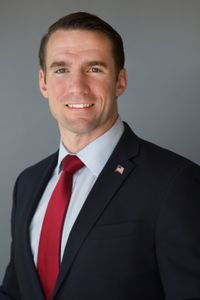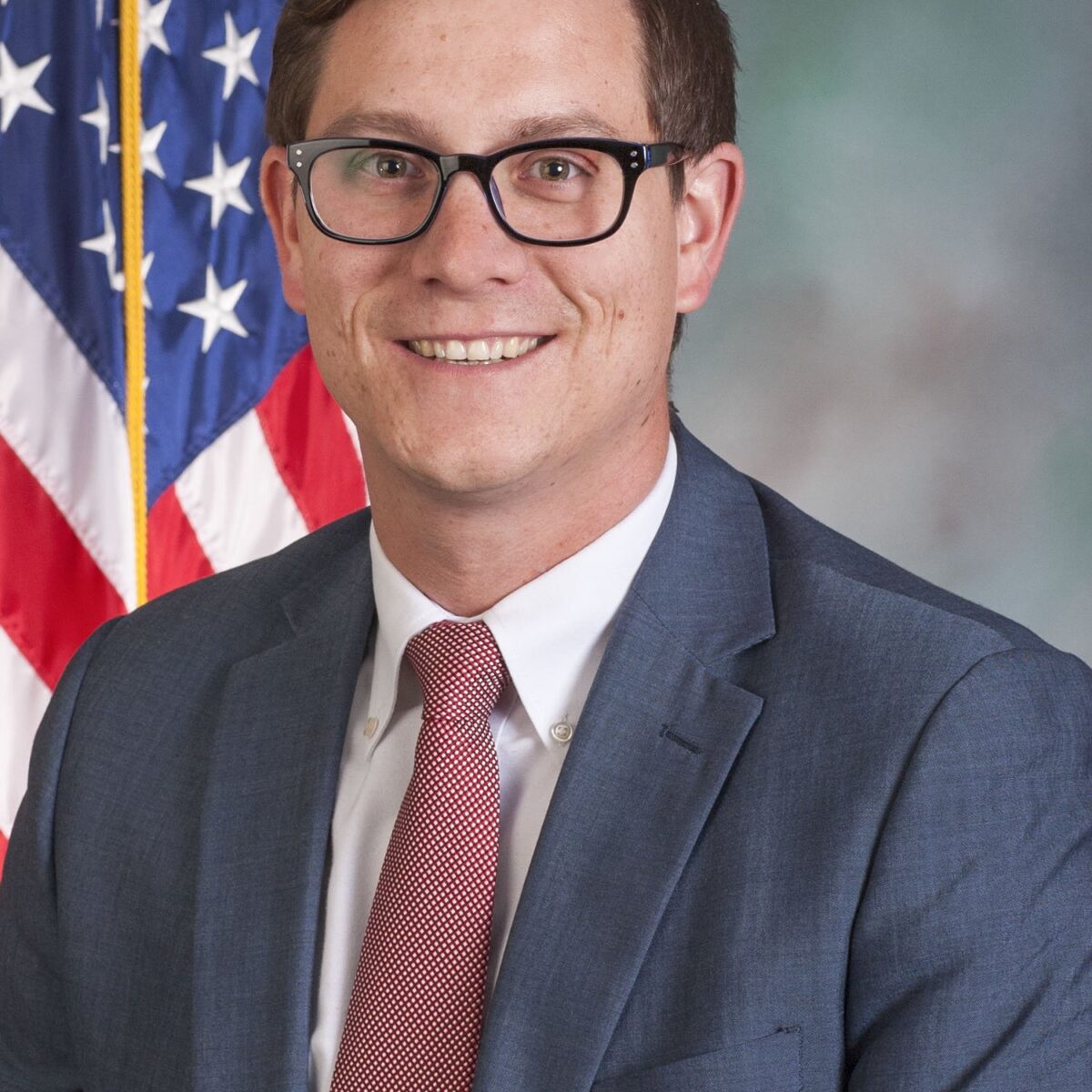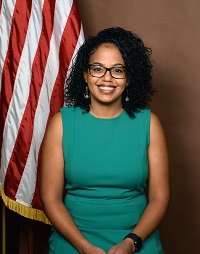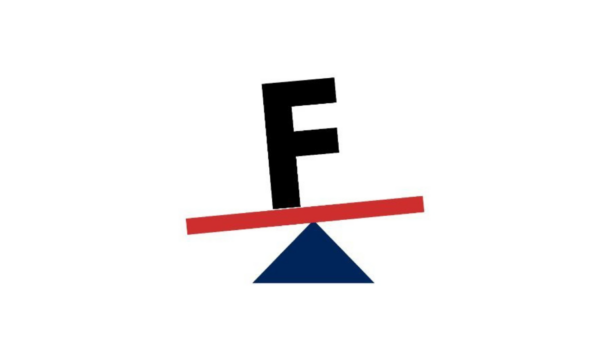Criminal Justice Reform Advisory Council

Staying true to Future Caucus’ audacious mission, we have brought legislators from across the aisle and country to form a Criminal Justice Reform Advisory Council. Members of both the Republican and Democrat parties will come together to work on criminal justice related issues including sentencing reform, court fees and fines, recidivism reduction and reentry programs, and justice reinvestment.
These leaders will work together to create programming and policy products that will be open to the full State Future Caucus Network, creating direct legislator-to-legislator action. Council members will work in their own state capitols to move and pass bipartisan legislation that will address our broken criminal justice system.
The Criminal Justice Reform Advisory Council aims to advance a national conversation on reforming the criminal justice system and engaging members in peer-to-peer dialogues and expert-led discussions. The Advisory Council is organized for members to share their experiences, expertise, and approaches to initiatives appropriate for them in their state. Participation does not imply support of all approaches to criminal justice reforms.
2022 Criminal Justice Advisory Council Members

Representative Bobby Cox

Representative Torren Ecker

Representative Leonela Felix

Senator Mujtaba Mohammed

Representative Daniel Pae

Representative Sara Rasmussen

Representative Jamie Scott

Representative Taylor Small
Recent Events

Alabama Young Lawmakers’ dinner Reception
Event date: January 12, 2026
Alabama Young Lawmakers’ <span class="dewidow">Dinner Reception</span>
Future Summit south 2025
Event date: October 01, 2025
Future Summit <span class="dewidow">South 2025</span>
Prenatal-to-three Fellows Discover Arkansas’ Maternal health Initiatives
Event date: October 01, 2025
Prenatal-to-Three Fellows Discover Arkansas’ Maternal <span class="dewidow">Health Initiatives</span>In the News

Why Young State Lawmakers Are Weighing the Exit
February 5, 2026
Why young state lawmakers are weighing <span class="dewidow">the exit</span>
Young Lawmakers Are Governing Differently. Washington Isn’t Built To keep Them.
January 26, 2026
Young Lawmakers Are Governing Differently. Washington Isn’t Built to <span class="dewidow">Keep Them.</span>
Young Lawmakers In The Kansas Future Caucus Host Training With The levin Center
January 15, 2026
Young Lawmakers in the Kansas Future Caucus Host Training with the <span class="dewidow">Levin Center</span>Legislator Resources
Improving Outcomes And Reducing The Scope Of The Criminal Justice System
The United States has the highest incarceration rate in the world, holding 2.3 million people in state, federal, and juvenile detention facilities across the country and US territories. Ultimately, the challenge for lawmakers is to take advantage of the broad based momentum around reforming and improving our criminal justice system to lessen the burden on communities, boost legitimacy of the system in the eyes of citizens, and materially improve the prospects of offenders to end a cycle of distrust and demoralization.
State Approaches To Justice Reinvestment
State legislators can engage in justice reinvestment by passing legislation that creates a better understanding of criminal justice costs and bolsters recidivism reduction programs.
In bipartisan coalitions, policymakers have worked to introduce and pass effective legislation to reform the sentencing system in the courtroom, for those currently incarcerated, and those who will interact with the system in the future.
Here are some examples of how legislators and policymakers have approached recidivism reduction during and after incarceration.
One specific and straightforward way in which legislators can make a significant impact in their communities is reforming court fines and fees.






Join 1,900+ BIPARTISAN LEADERS NATIONWIDE
Be a part of a network of lawmakers committed to governing effectively, passing more representative public policy, and increasing public trust in democracy.